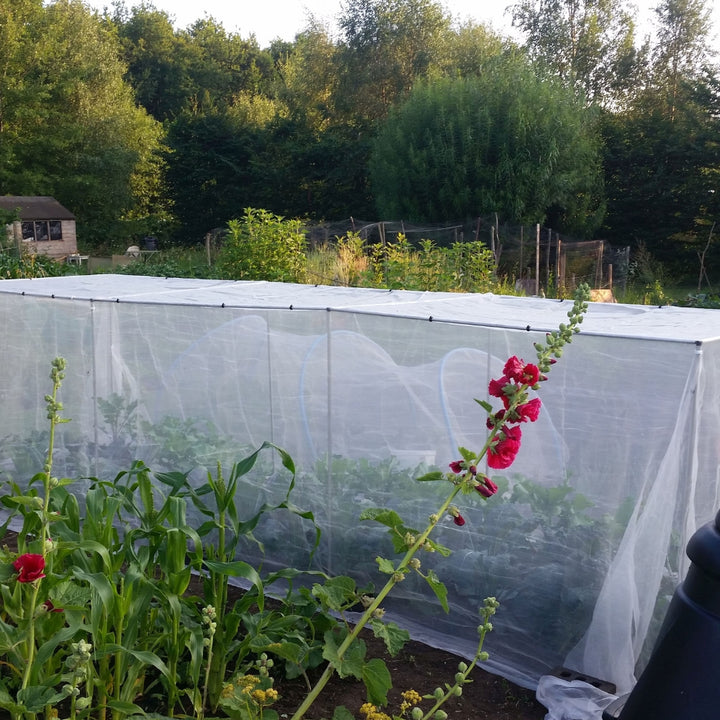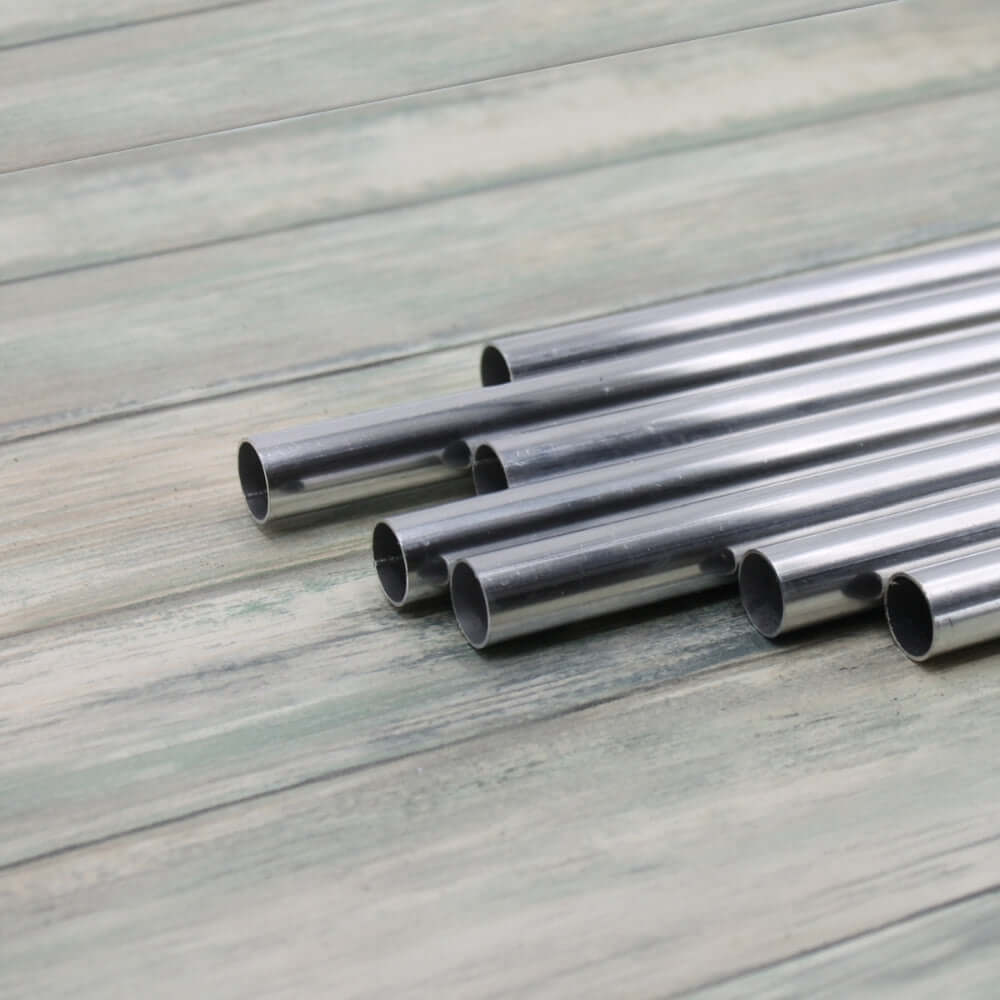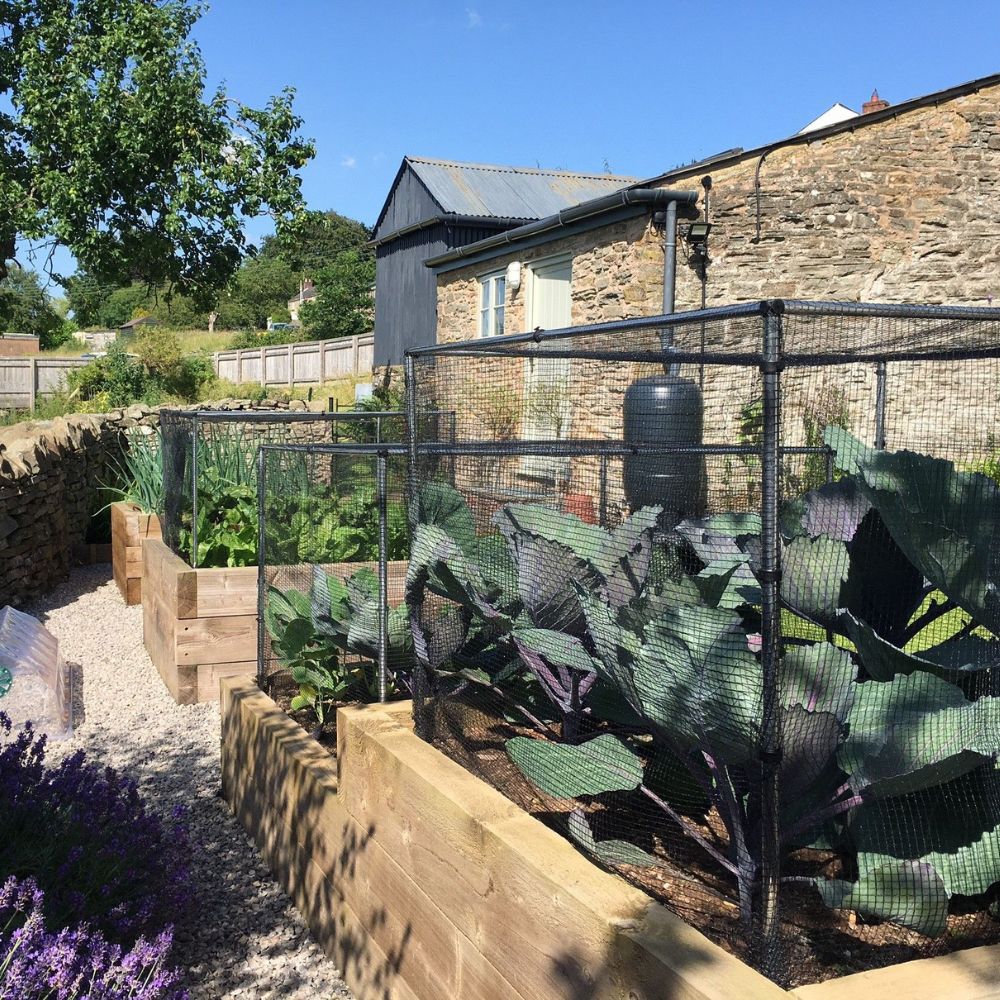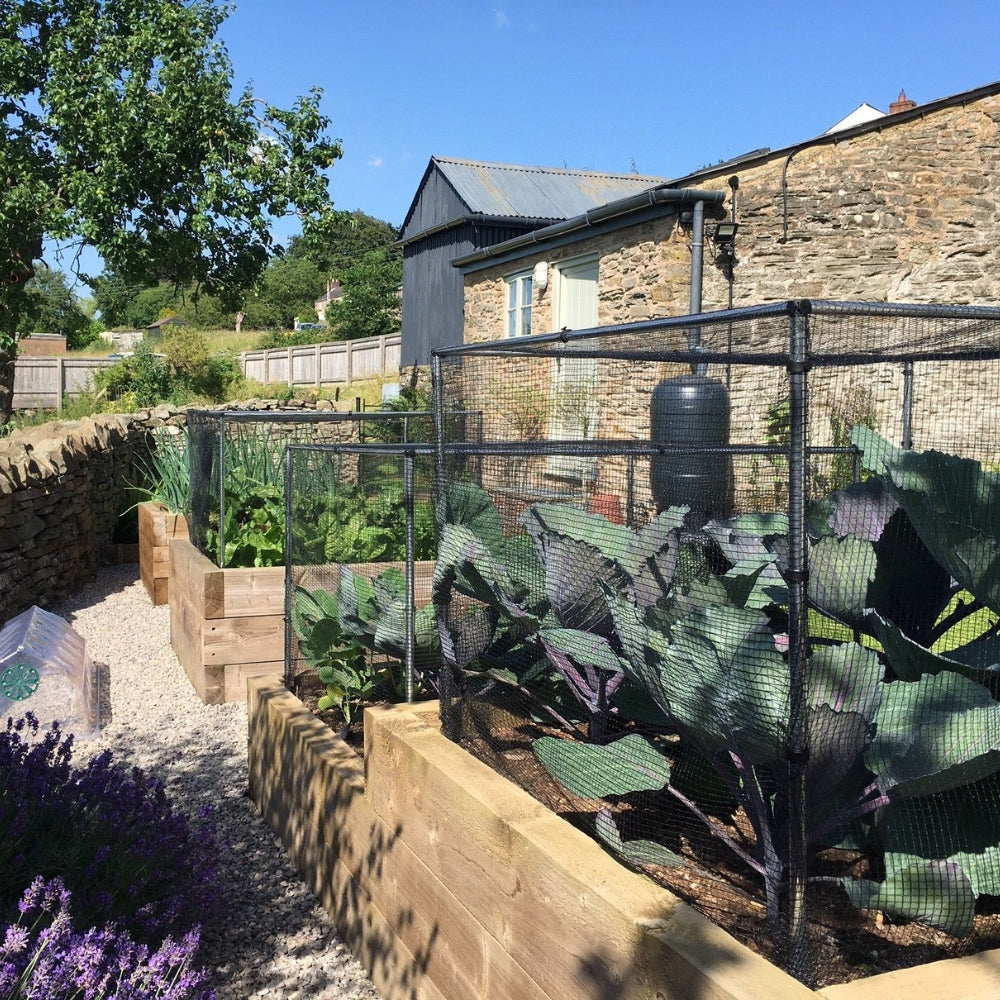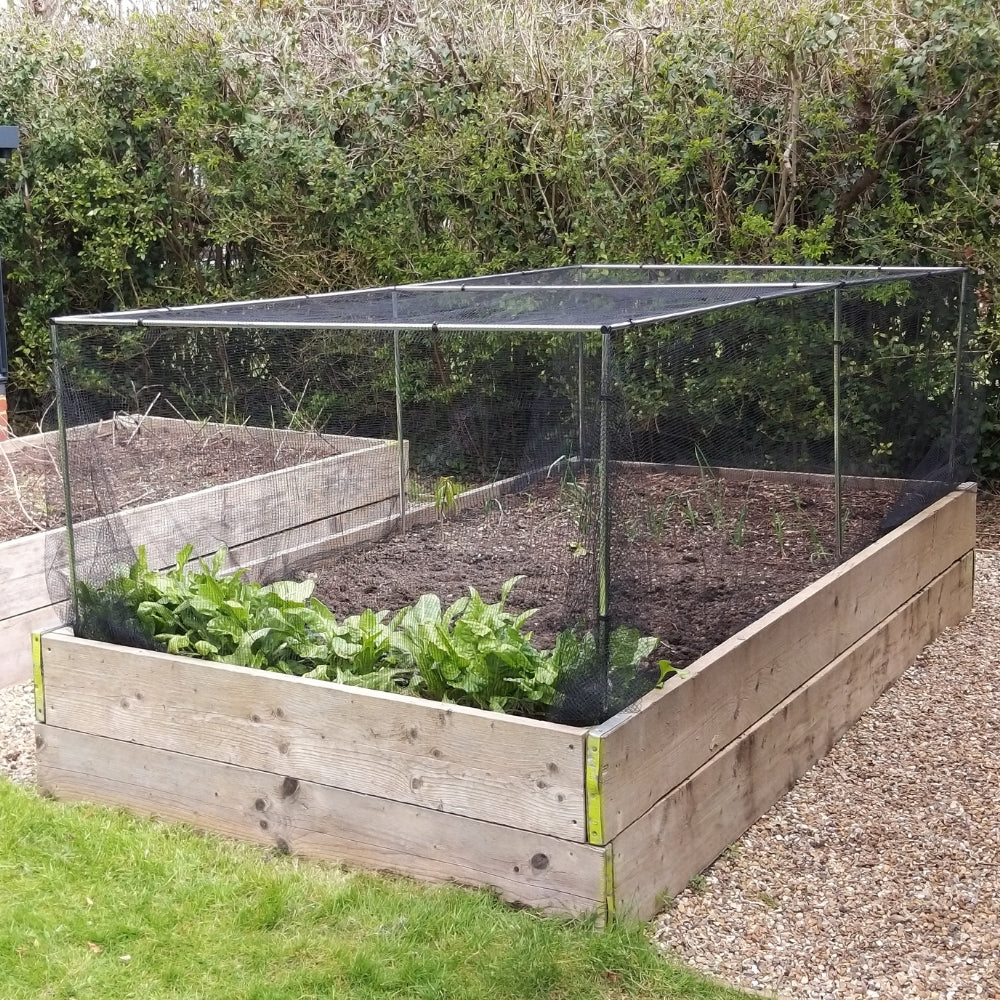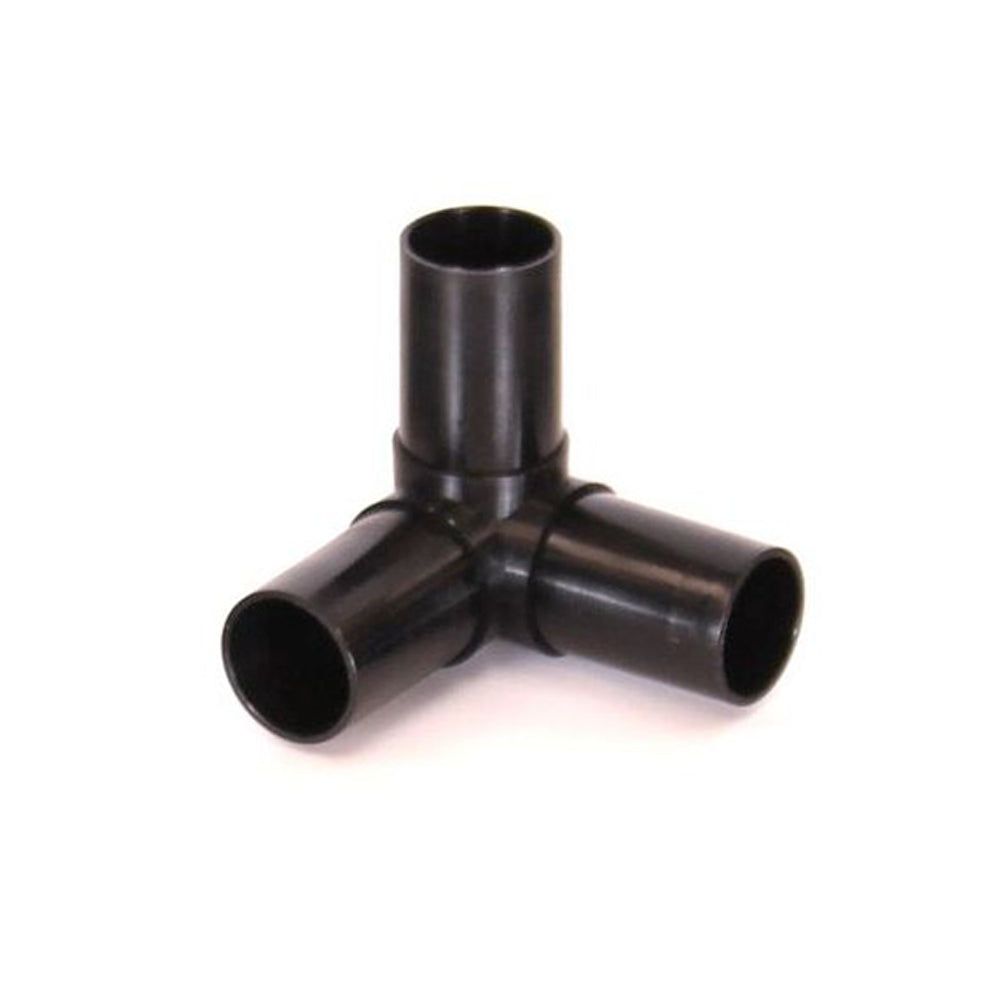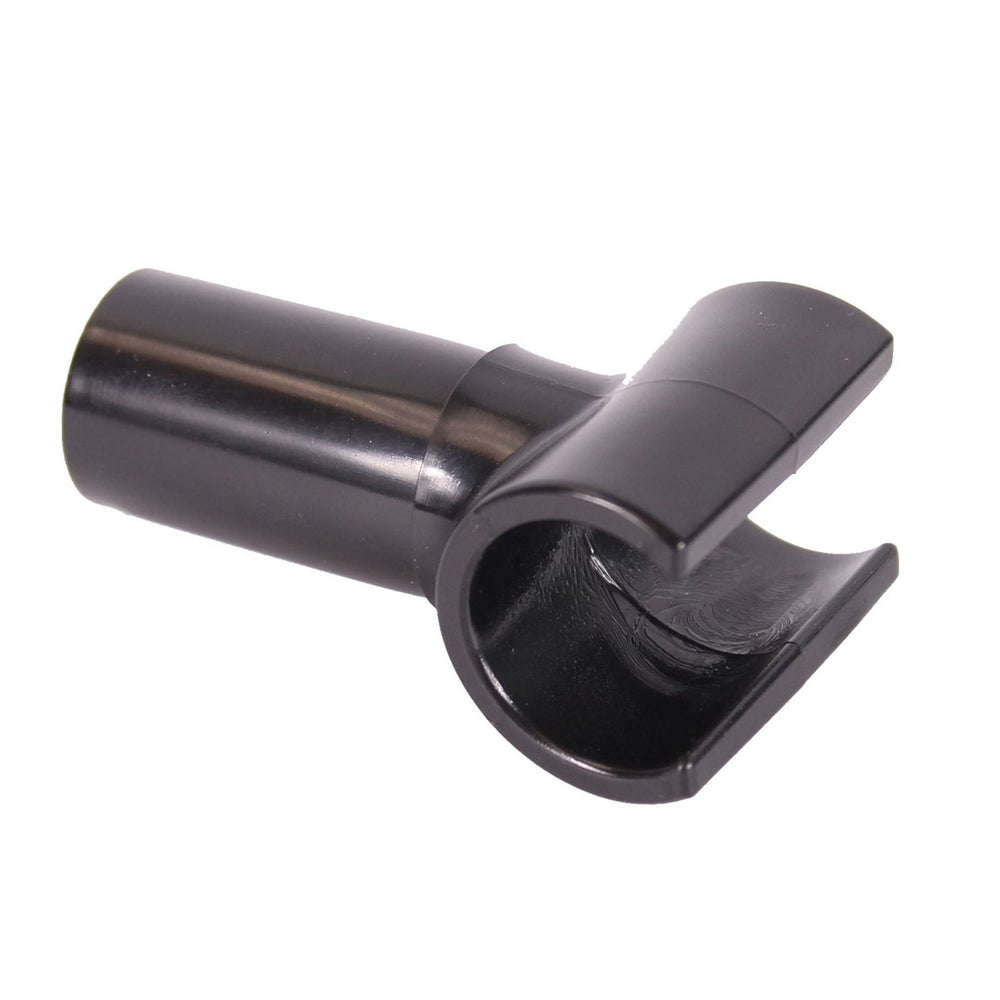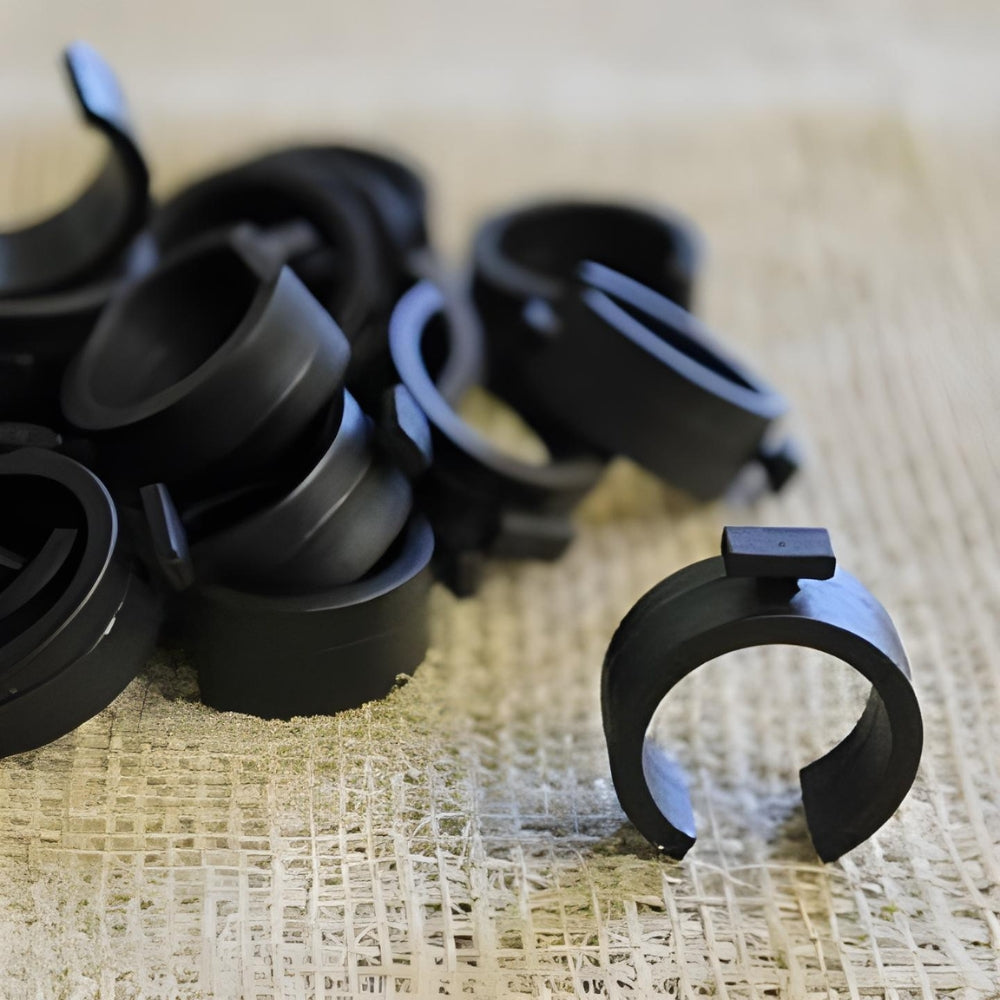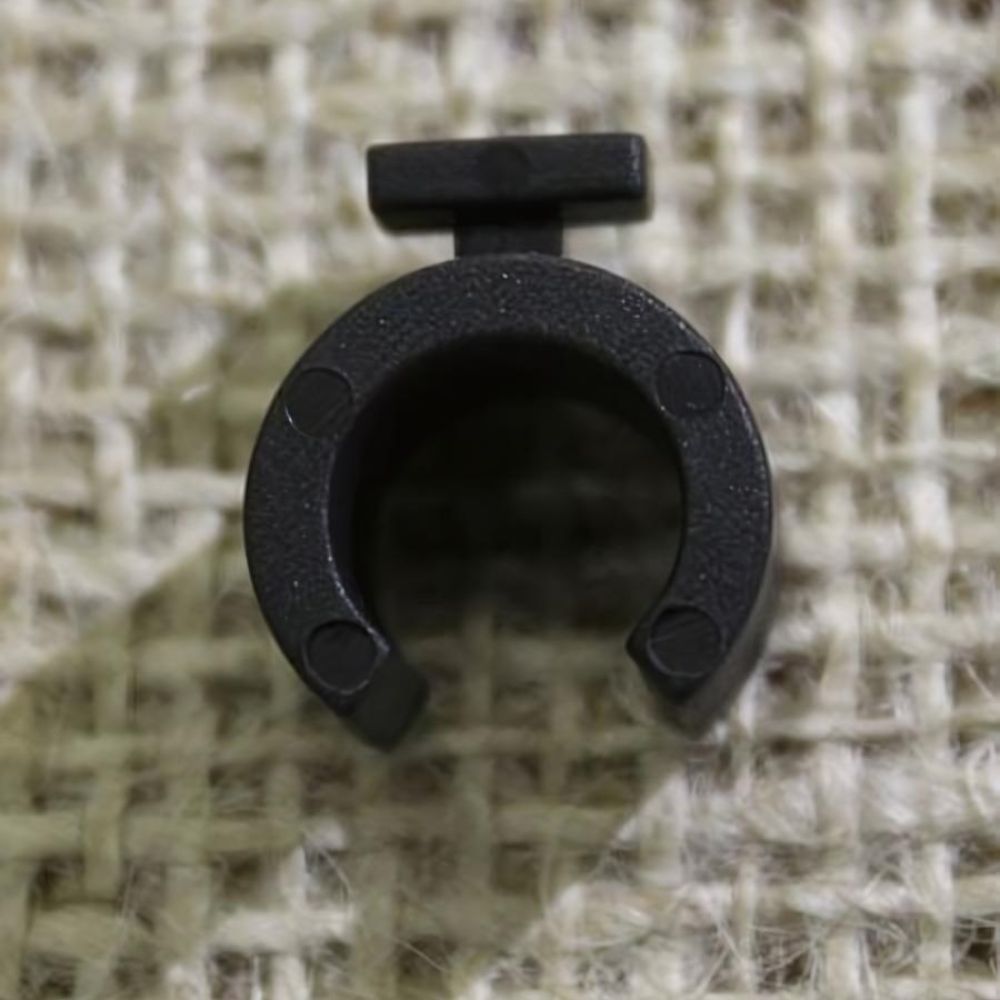Low Fruit and Vegetable Cage with No Netting
JO060618
- In stock, ready to ship
- Backordered, shipping soon
Pairs well with
What are these fruit and vegetable cages made of, and what are they used for?
These cages are constructed from durable aluminium and are designed to protect low crops such as strawberries, salad crops, and onions from insect and bird damage. They are ideal for safeguarding your plants and ensuring a healthy yield.
How are the cages constructed and how is the netting applied?
The 16mm uprights (legs) are pushed into the soil to a depth of 10cm, and the 13mm crossbars are connected using “build-a-balls” or joiners. The netting is then laid over the cage and pegged down, providing effective protection while allowing for easy removal when needed.
What are the benefits of using these cages, and can they be used during winter?
These cages not only protect crops from pests but also provide wind resistance, helping plants grow larger and healthier. They can be used year-round, and during winter, the cages can be covered with garden fleece for extra protection against frost and cold weather.
What's included with this cage?
You'll receive aluminium tubing, and connectors (buildaball or Joiners) with this cage. Alternatively, if you'd prefer a walk-in cage , follow this link.
What are these fruit and vegetable cages made of, and what are they used for?
These cages are made from aluminium and are designed to protect low crops from insect and bird damage. They are suitable for various low crops, including strawberries, salad crops, and onions.
How tall are the cages once they are erected?
The cages stand at a height of 0.5 meters (1 foot 7 inches) once assembled.
How are the cages constructed?
The 16mm uprights (legs) are pushed into the soil to a depth of 10cm. The tubes are 0.6 meters (1 foot 11 inches) long, allowing for a 10cm gap.
What connects the crossbars to the legs?
The connectors, either “build-a-balls” or joiners, are used to connect the 13mm crossbars, which then attach to the legs.
How is the netting applied to the cage?
The netting is laid over the cage and pegged down. It is not permanently fitted, as this would make it difficult to remove the netting from larger cages with just one person.
What benefits do the cages provide for crops?
The netting provides wind resistance, which can help crops grow larger and healthier. Additionally, it prevents insect pests and birds from damaging the crops.
Can the cages be used during winter?
Yes, the cages can be covered with garden fleece during winter. However, extra pegs may be needed due to wind resistance.
How easy is it to dismantle and store the cages when not in use?
The cages can be easily dismantled and stored when not needed.
What components are included in the cage kits?
Everything necessary for assembly is included: aluminum tubes, connectors, netting, pegs, and clips.
Is there anything specific to consider regarding snow?
Yes, if snow is forecast, it’s advisable to remove the netting, as snow can be very heavy and may damage the structure.
Shipping £4.98 per order, free if ordering just nematodes.
See Shipping Policy


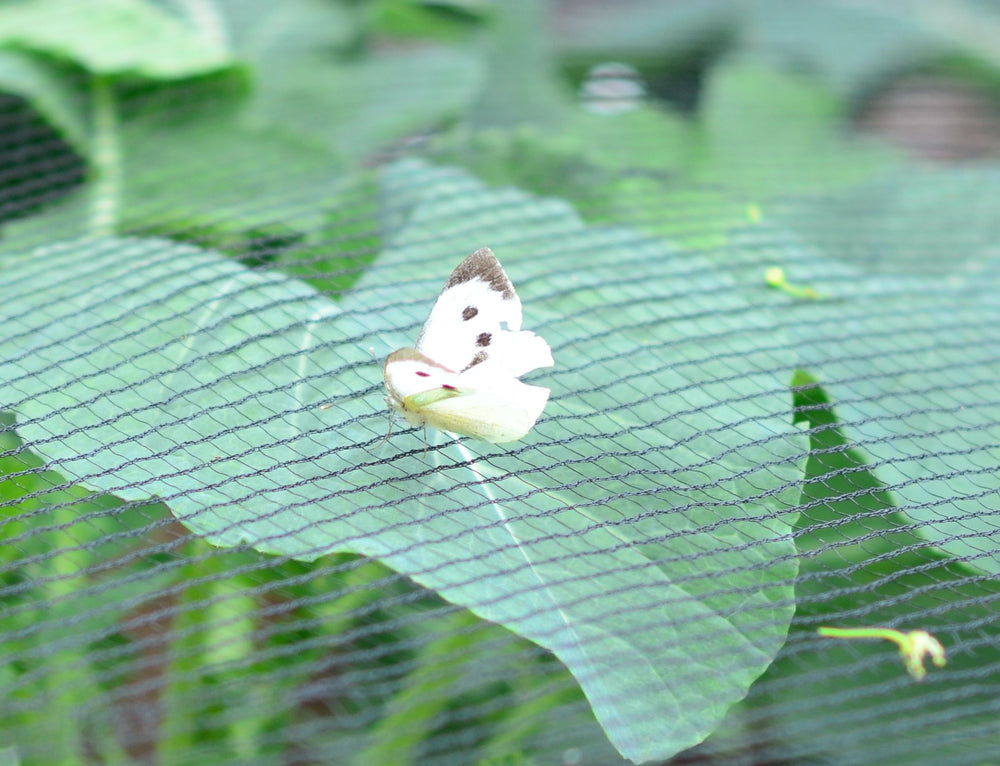
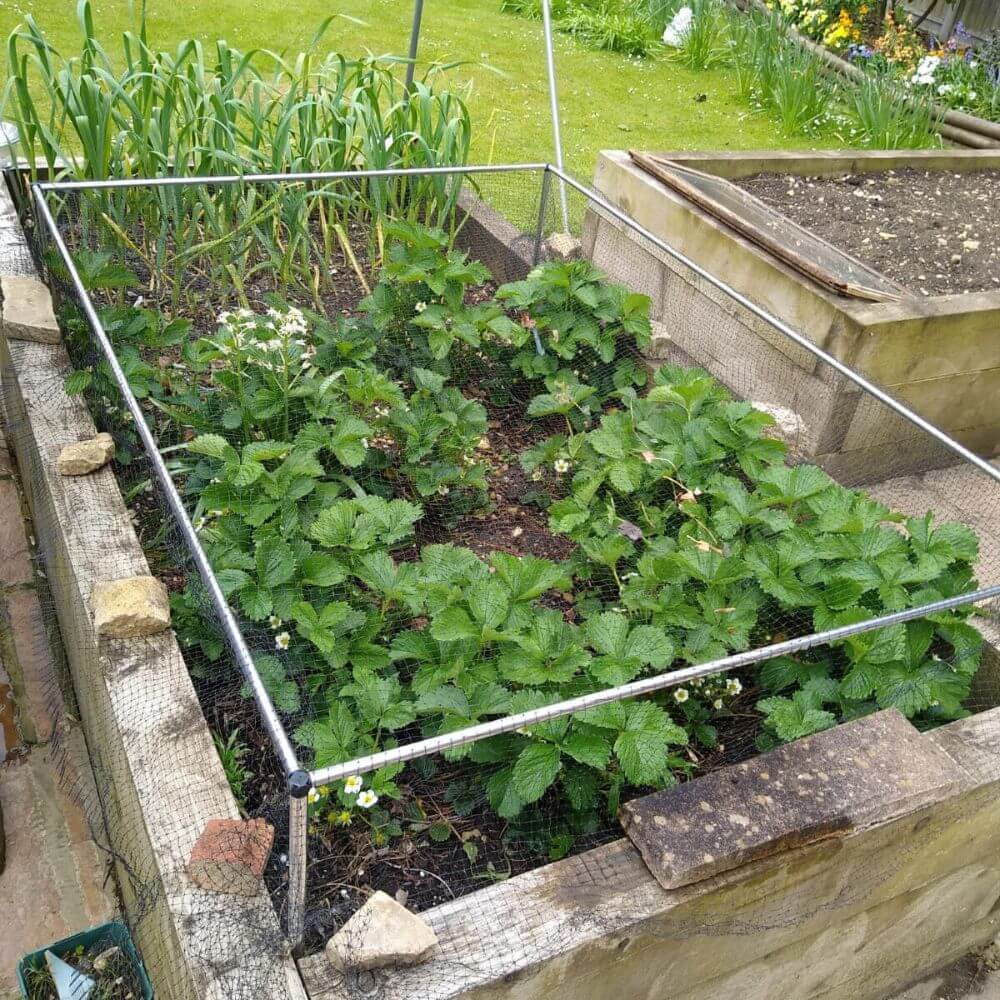
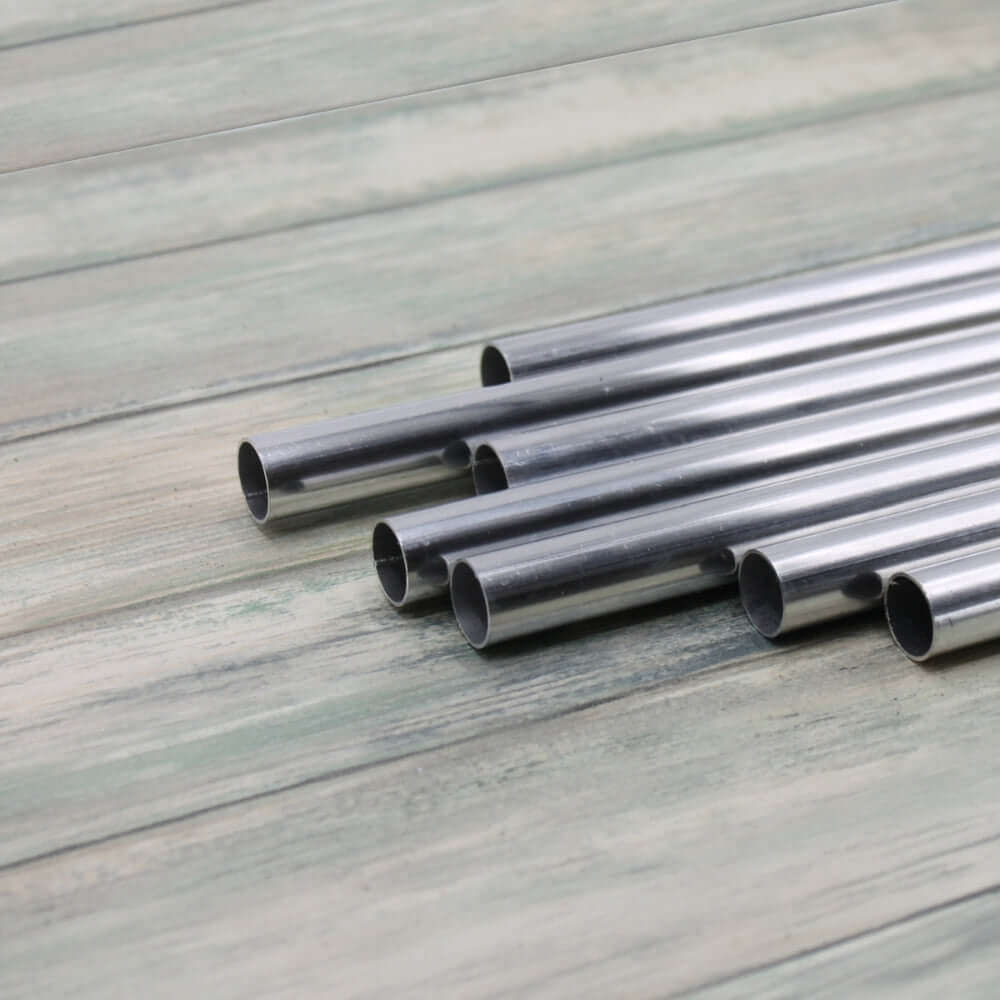
![Low Fruit and Vegetable Cage with No Netting [1]](http://garden-netting.co.uk/cdn/shop/files/blackbirdnetting_746b69ca-cf75-4272-8715-e2f164391937.jpg?v=1723207172&width=1080)
![Low Fruit and Vegetable Cage with No Netting [2]](http://garden-netting.co.uk/cdn/shop/files/greenbutterflynettingcage_9d7dbe3b-caa5-43d7-94d7-0f7f452e416b.jpg?v=1723207192&width=1080)
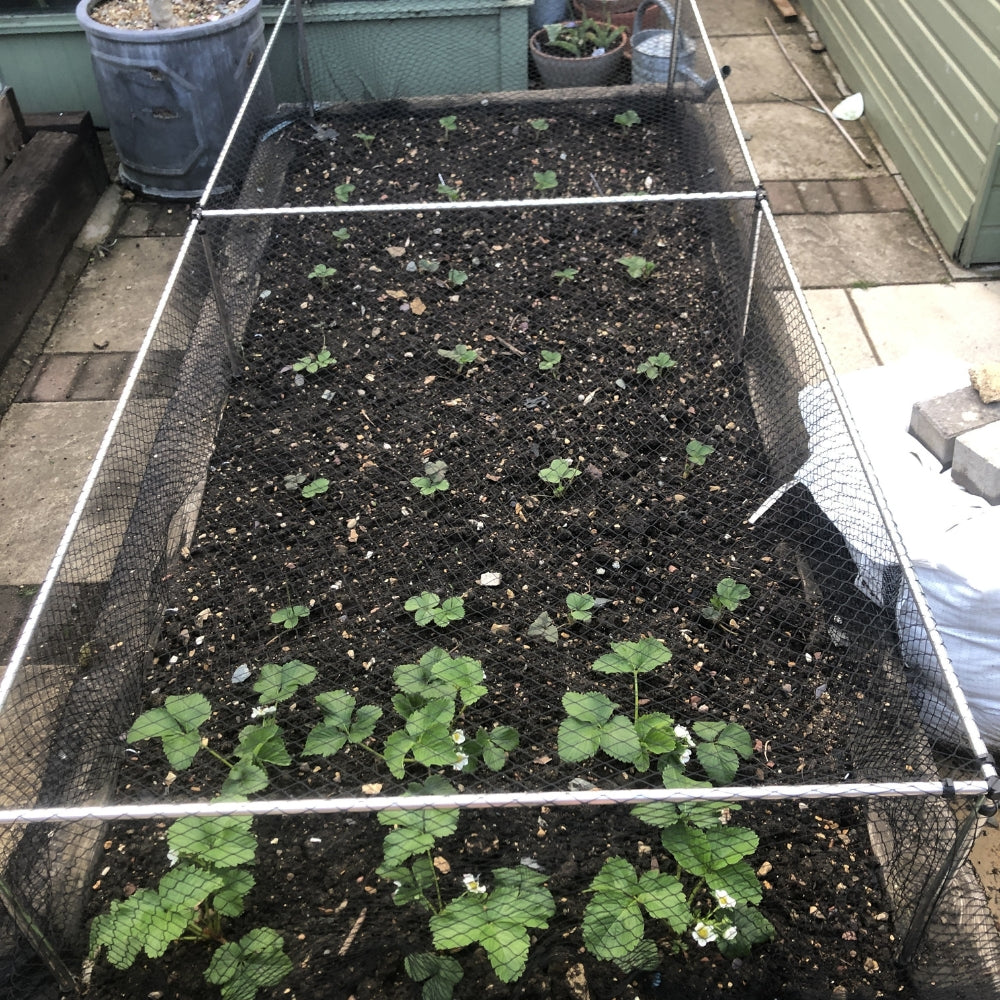
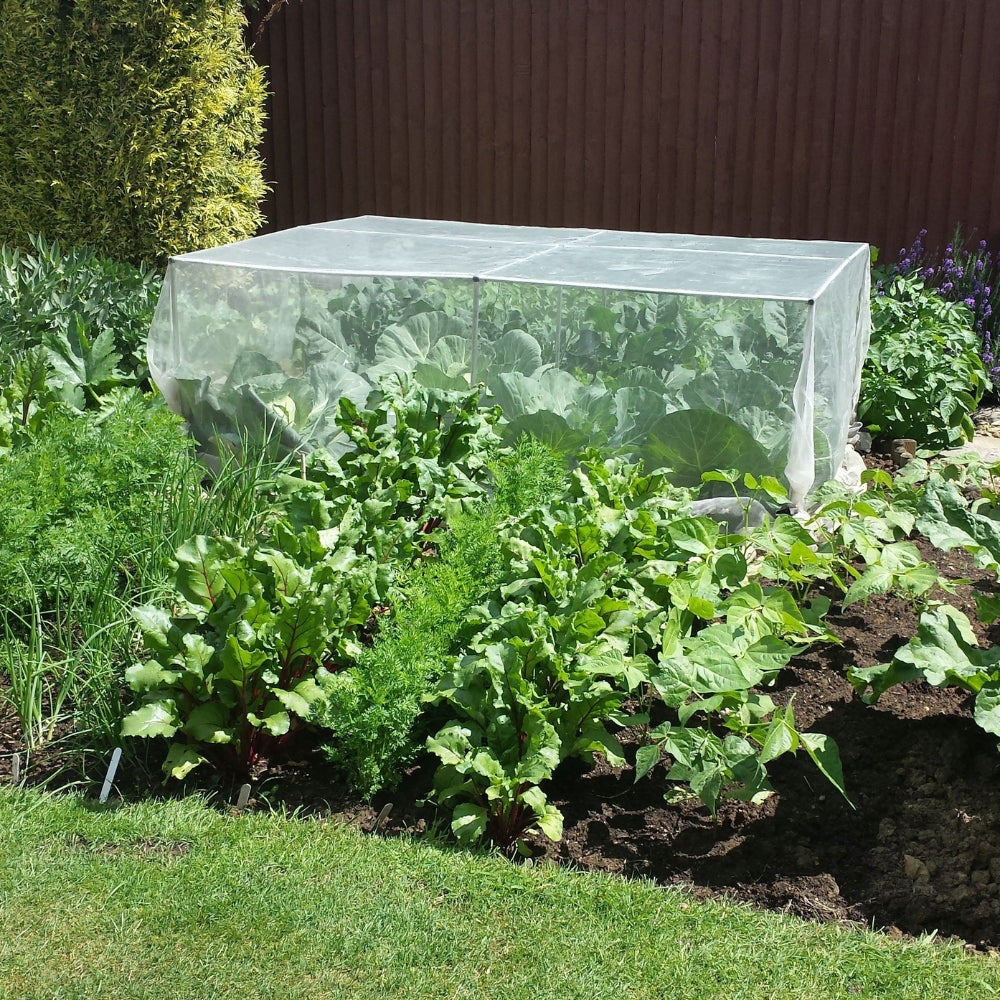
![Low Fruit and Vegetable Cage with No Netting [5]](http://garden-netting.co.uk/cdn/shop/files/veggiemeshcage5_49c2e2c3-1c8a-4f5c-a664-5f7121f282bc.jpg?v=1723207306&width=1080)
![Low Fruit and Vegetable Cage with No Netting [6]](http://garden-netting.co.uk/cdn/shop/files/greenbirdnetting_8.jpg?v=1723207333&width=1080)
![Low Fruit and Vegetable Cage with No Netting [7]](http://garden-netting.co.uk/cdn/shop/files/green_butterfly_netting_cage_5.jpg?v=1723205820&width=1080)
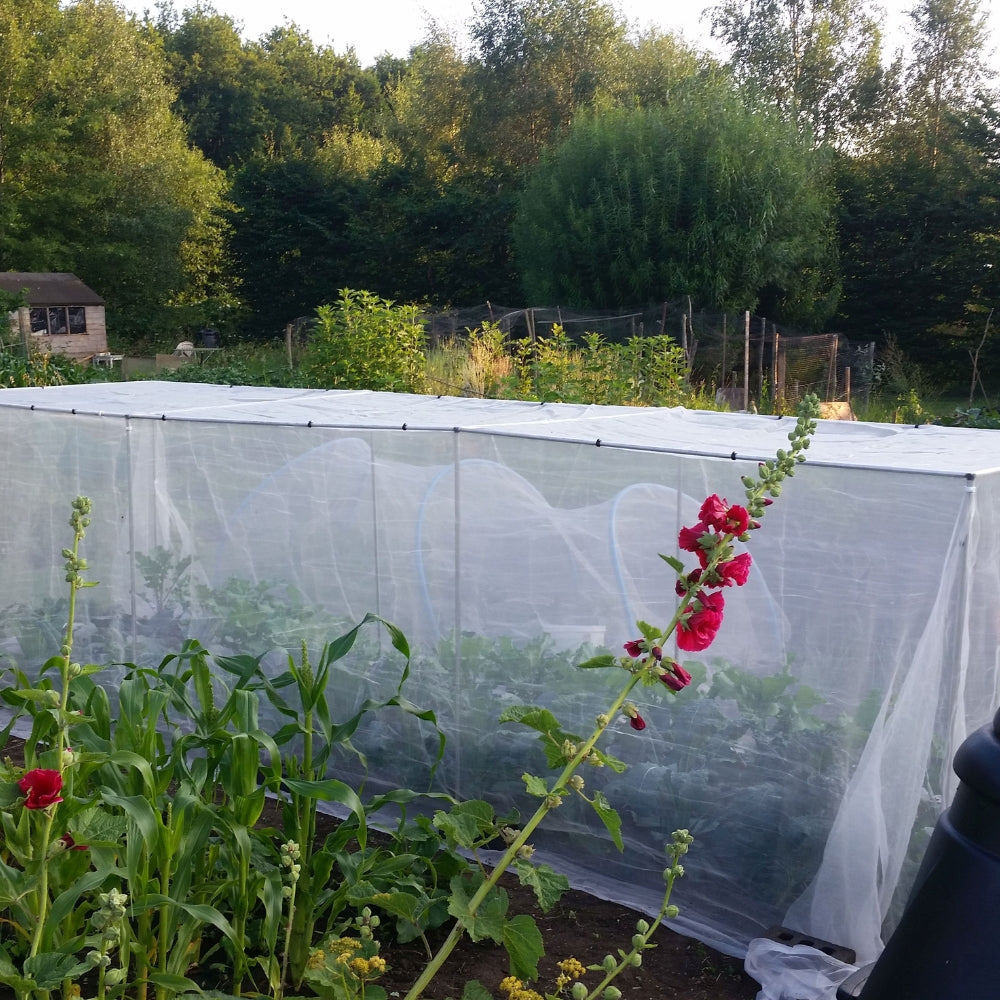
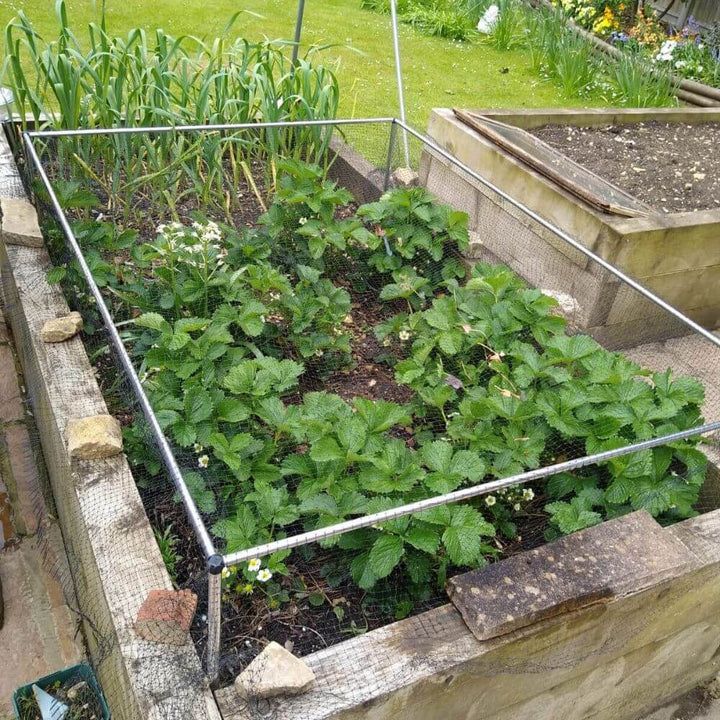
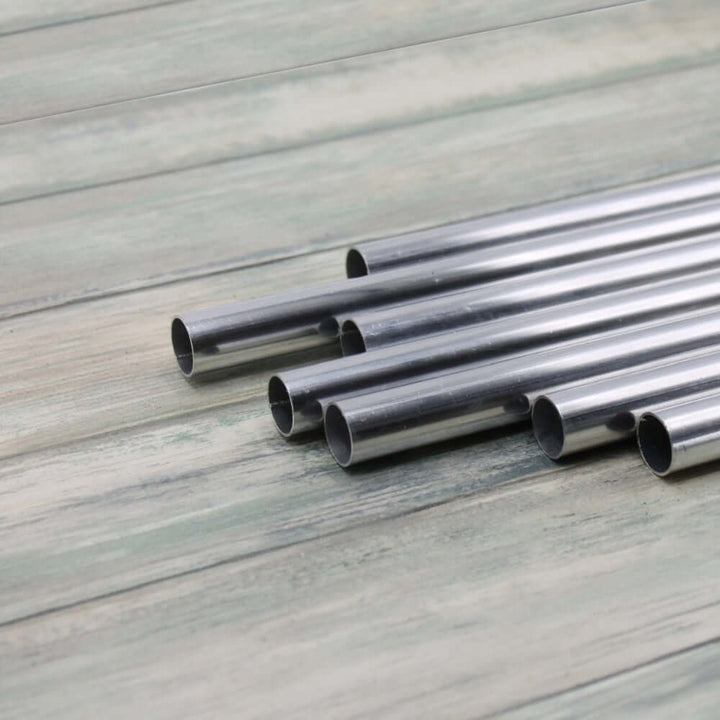
![Low Fruit and Vegetable Cage with No Netting [1]](http://garden-netting.co.uk/cdn/shop/files/blackbirdnetting_746b69ca-cf75-4272-8715-e2f164391937.jpg?v=1723207172&width=720)
![Low Fruit and Vegetable Cage with No Netting [2]](http://garden-netting.co.uk/cdn/shop/files/greenbutterflynettingcage_9d7dbe3b-caa5-43d7-94d7-0f7f452e416b.jpg?v=1723207192&width=720)
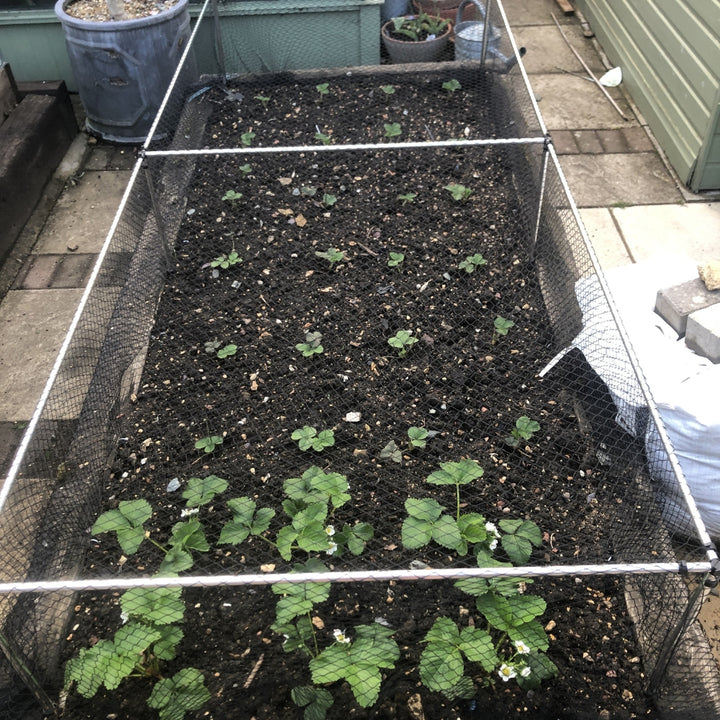
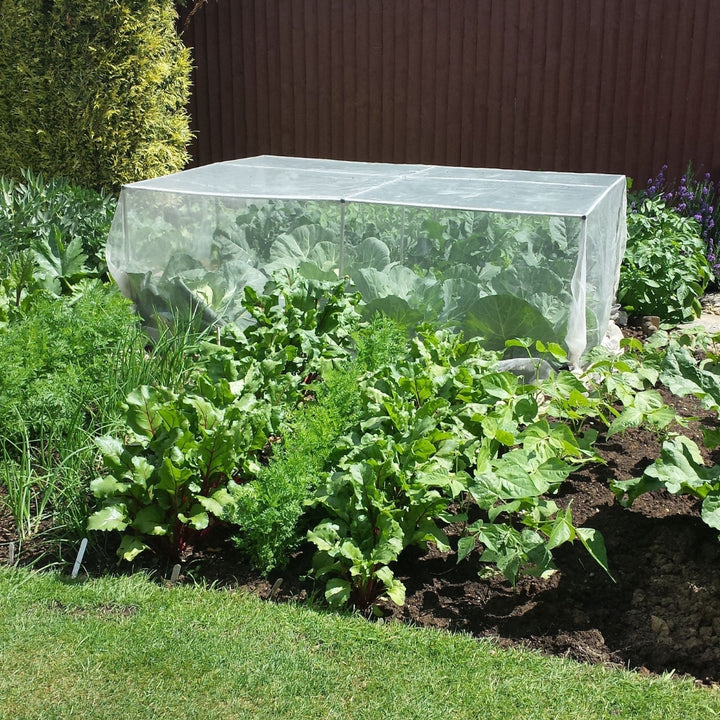
![Low Fruit and Vegetable Cage with No Netting [5]](http://garden-netting.co.uk/cdn/shop/files/veggiemeshcage5_49c2e2c3-1c8a-4f5c-a664-5f7121f282bc.jpg?v=1723207306&width=720)
![Low Fruit and Vegetable Cage with No Netting [6]](http://garden-netting.co.uk/cdn/shop/files/greenbirdnetting_8.jpg?v=1723207333&width=720)
![Low Fruit and Vegetable Cage with No Netting [7]](http://garden-netting.co.uk/cdn/shop/files/green_butterfly_netting_cage_5.jpg?v=1723205820&width=720)
